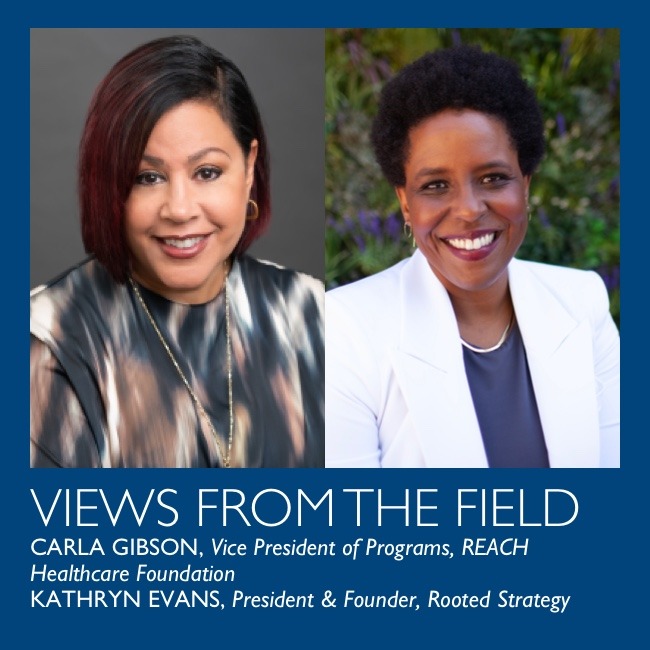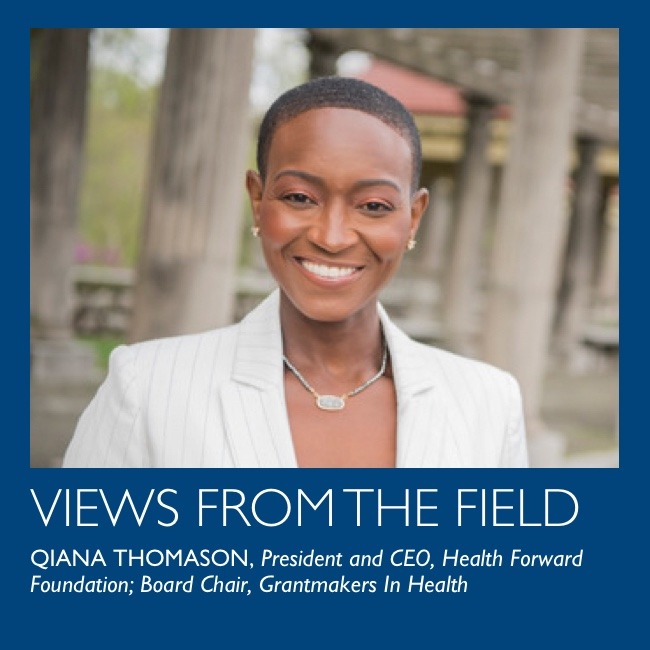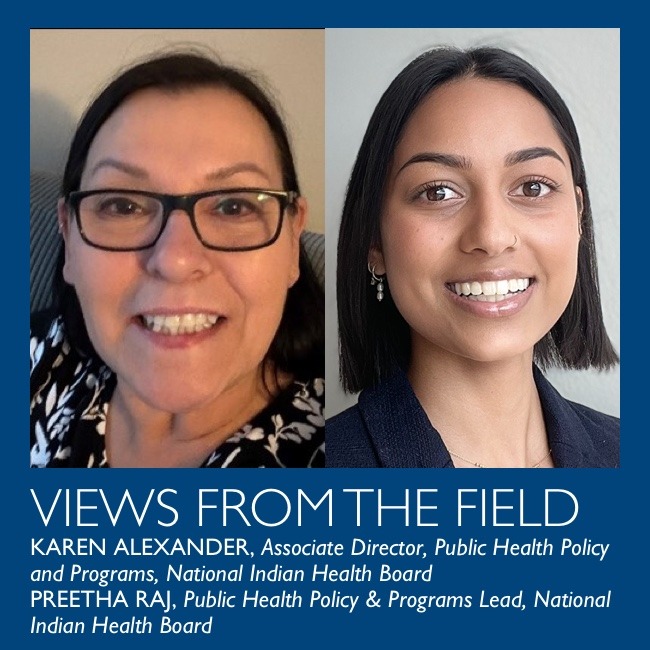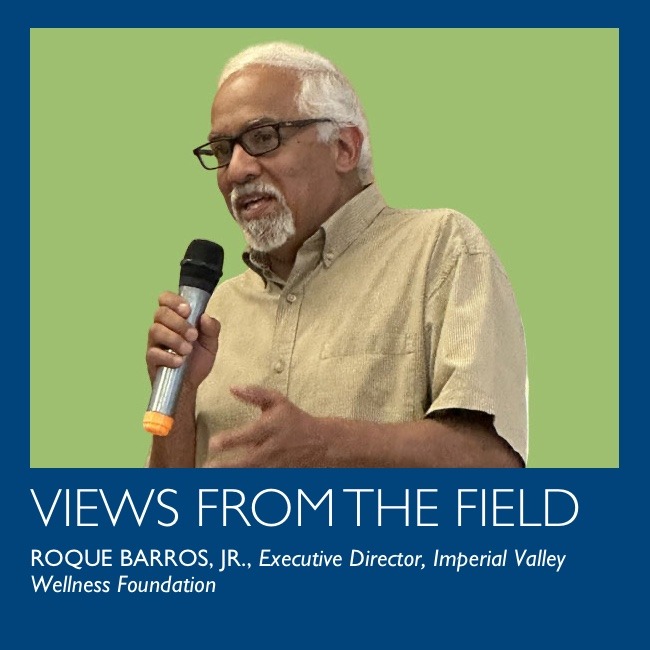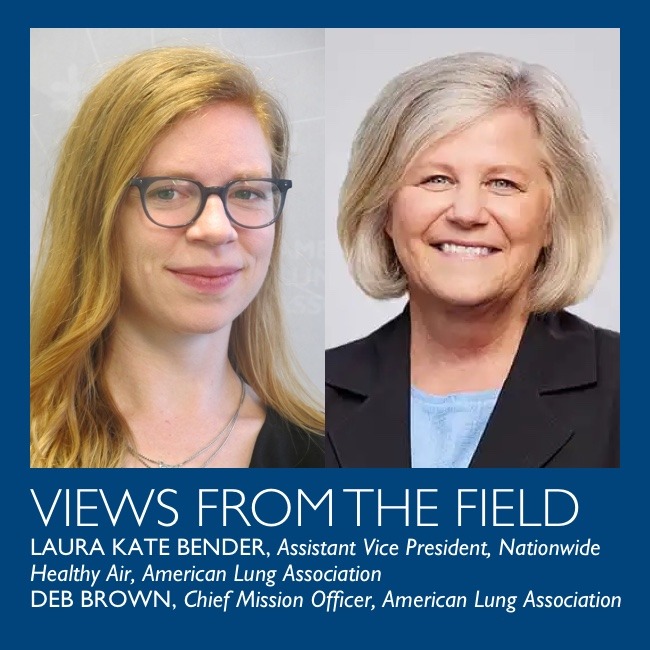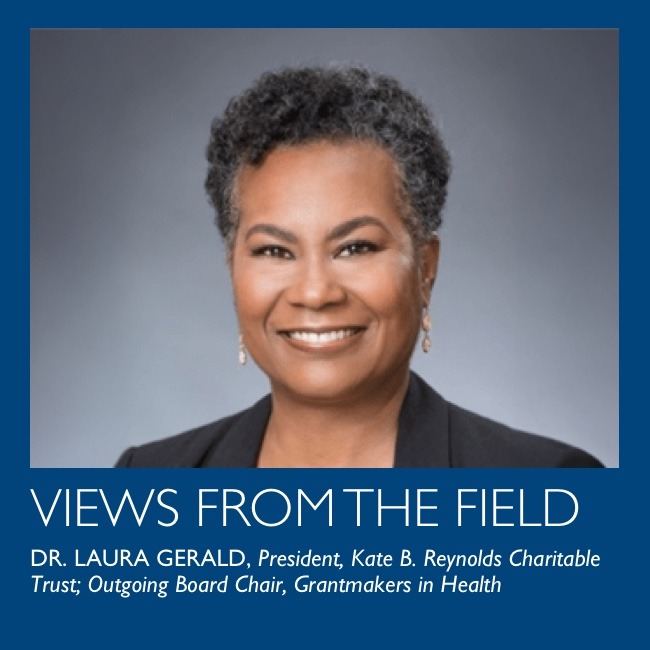Power to the People: Advancing Impact Through Participatory Budgeting
Who is best positioned to determine how health funding should be allocated? At the Community Health Commission of Missouri (CHCM), we believe the answer is clear: the people most affected by health disparities.
How Pew Is Learning to Improve Health Policy
Antibiotics revolutionized medical treatment and are a cornerstone of modern health care. However, the global rise of antibiotic-resistant bacteria is making infections costlier and deadlier. After a 2008 report commissioned by The Pew Charitable Trusts highlighted these concerns, the organization invested in multiple projects to set limits on the use of antibiotics and to spur the development of new drugs.
Investing in Civic Infrastructure: The Rise of a New Foundation in a Rural, Disinvested Community
When people hear about our work in Imperial Valley, they often exclaim, “How exciting to build a new foundation!” But I gently redirect them: We’re not building another institution— the last thing our communities need is another organization competing for resources. Instead, we’re building civic infrastructure to create the framework for lasting, community-led change.

